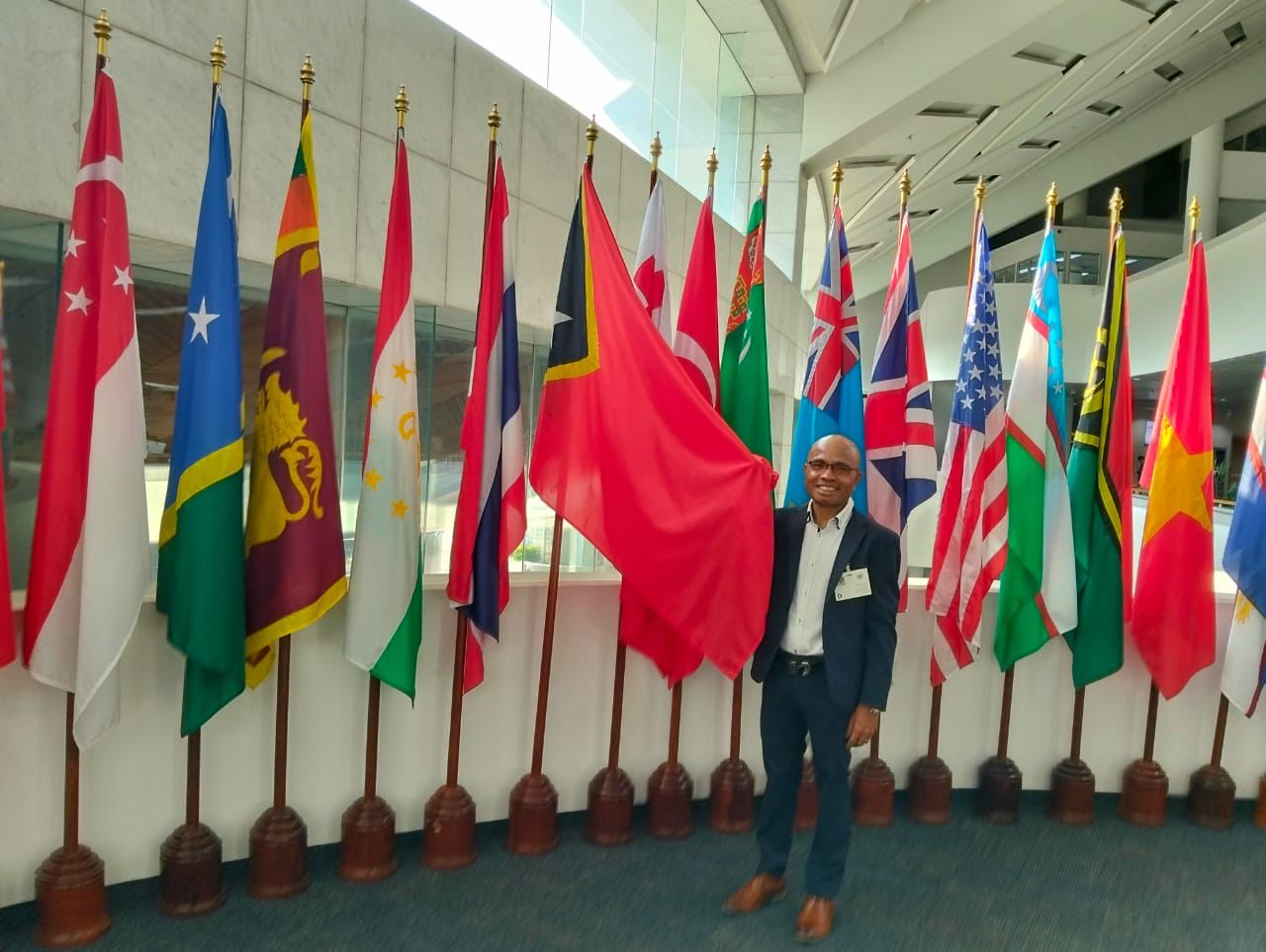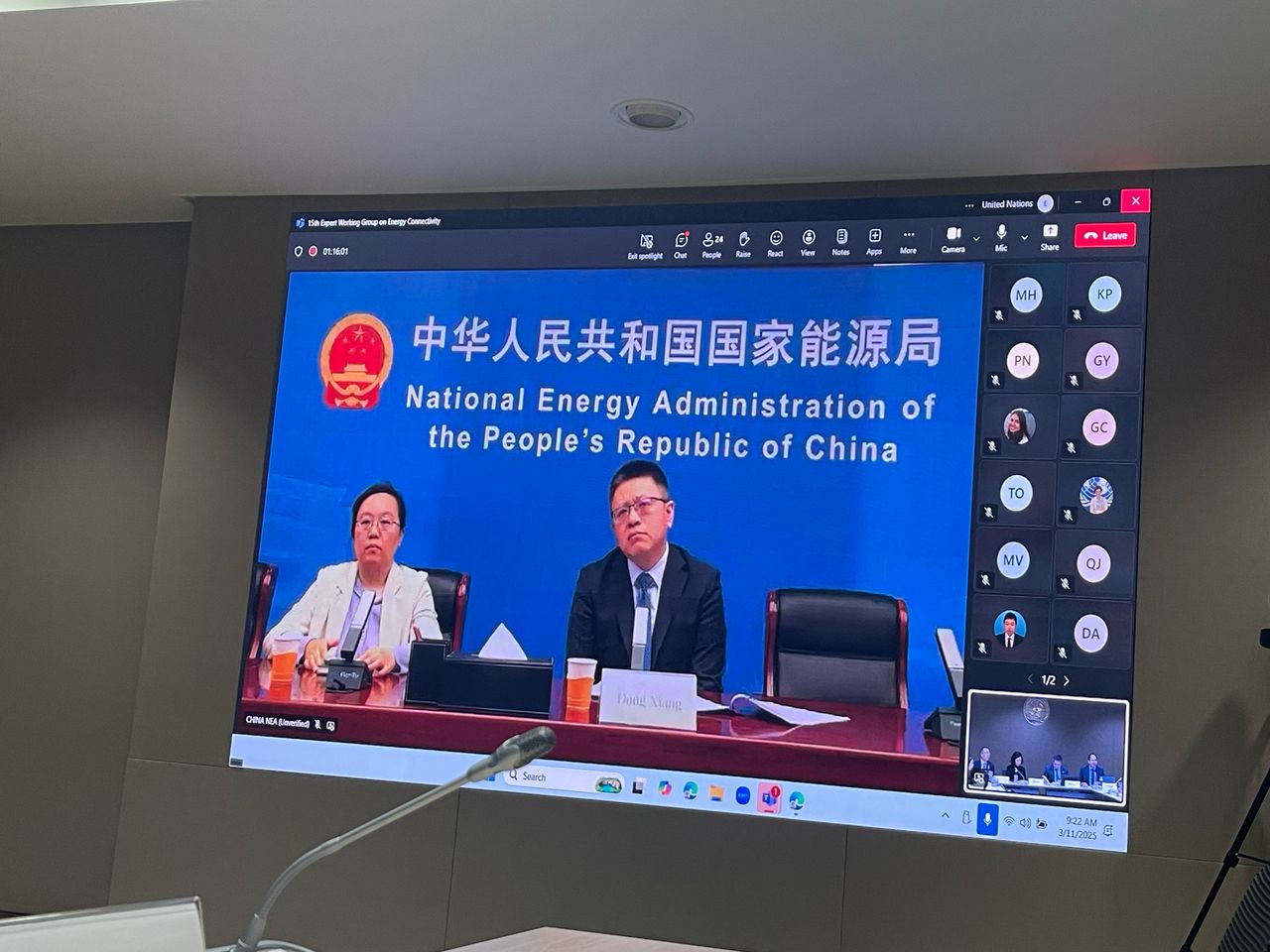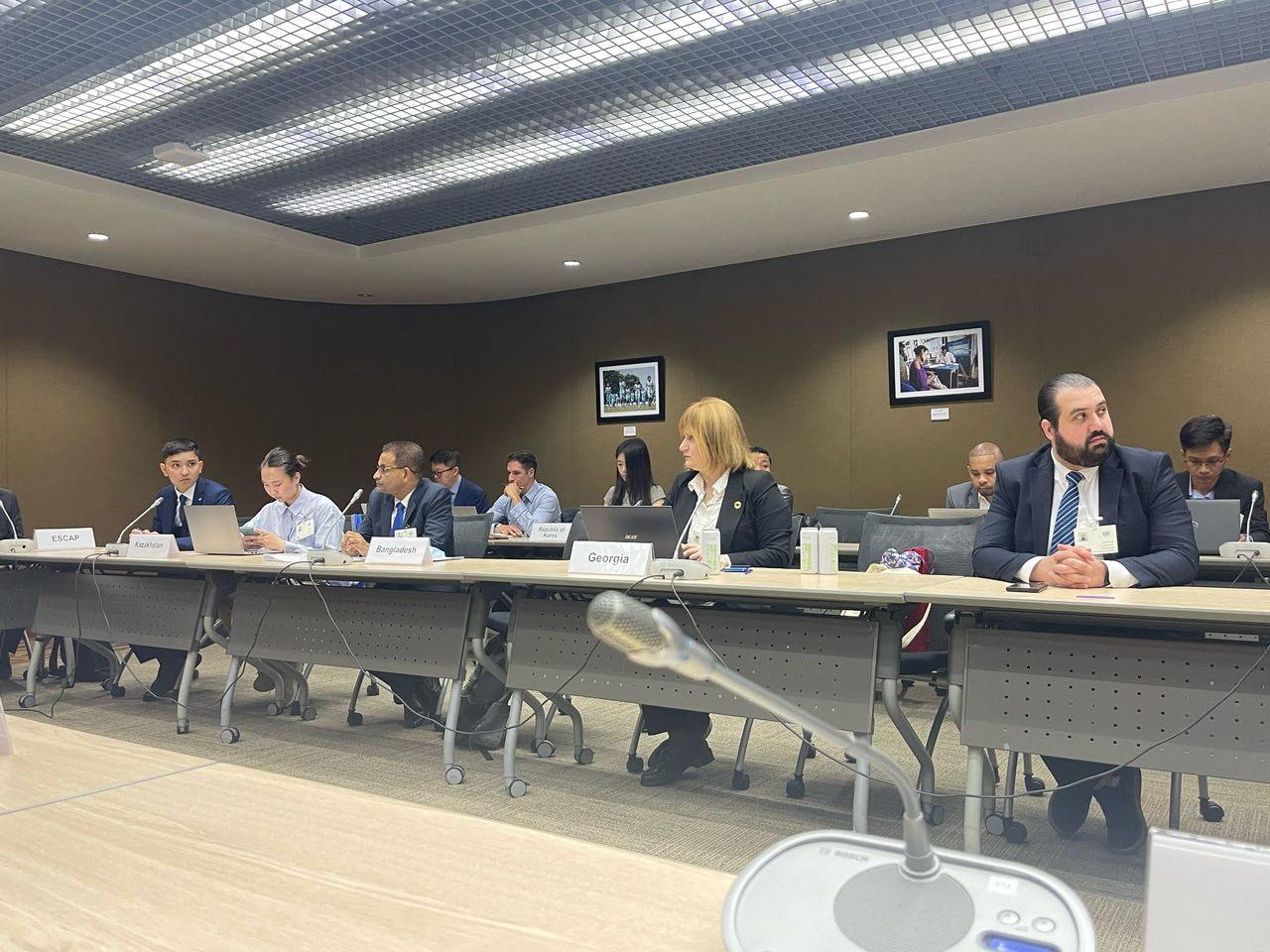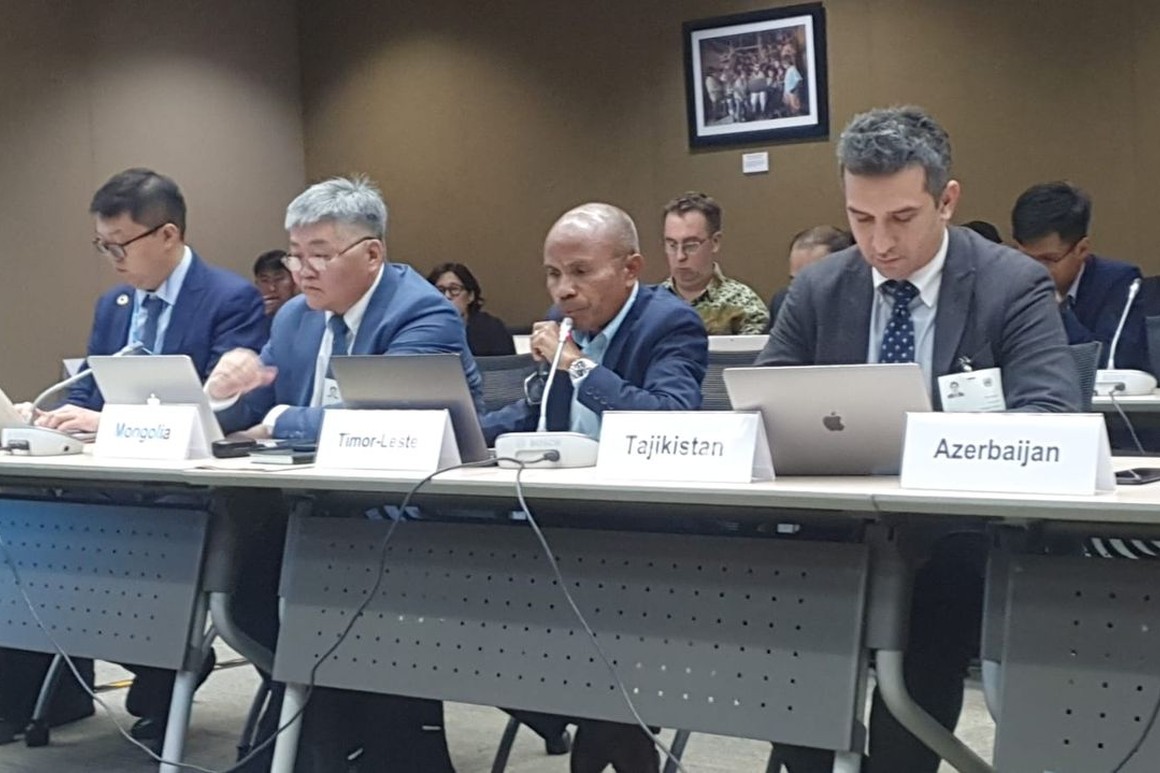Bangkok, March 12, 2025:
President of the
Executive Commission of EDTL,E.P. Dr.
Paulo da Silva participated in the 15th International Meeting of the Expert Working Group on Energy Connectivity in
Bangkok-Thailand.
Main objectives
The 15th meeting of the Expert Working Group on Energy
Connectivity (EWG-EC) will be organized to seek expert inputs on the
implementation of the Regional Road Map on Power System Connectivitiy with a
focus on, among others, strategies linked to the following topics:
(i) financing grid infrastructure
(ii) secure and efficient operation of integrated power
systems
(iii) setting targets for grid infrastructure development
President Dr. Paulo da Silva in his intervention said now,
as we know that Southeast Asia is one of the fastest growing economic regions
of the world and one of the fastest to decarbonize. I think you all may agree
that, nowadays developing renewable energy sources is cheaper compare with
investing in fossil fuel energy production.
In Timor-Leste, we pay a high price for diesel and are
vulnerable to global price shocks. Every year we have to spend over $130
Million on diesel as a result of our dependency on imported fuel, so currently
we rely 100% on fossil fuel source.
Meanwhile, Vietnam and Thailand paid between $44-50 USD per
MWh for solar power. The challenge in
delivering clean secure energy is not the price of energy, but the electricity
grid. If we build more grid and more interconnectors, then the investments in
energy generation will come. And, through increased interconnectivity, and
increased energy trading, we can deliver cheaper and more robust energy supply.
For Timor Leste, we have our National Strategic Development
Goal which we set that by 2030, at least 50% of our energy needs will be served
by Renewable Energy options. To achieve this, we have finalized the procurement
process for at least 72-100MW of solar PV plant along with 46MWh BESS
development which is planned to start late this year. This project is
implemented with modality of Independent Power Producer (IPP) for 25 years PPA
arrangement. We will also conduct feasibility study this year for exploring
wind energy option with estimated capacity of 100MW to complement with the
Solar PV option. Likewise, the hydropower option around 50MW. These will help
us to achieve our goals and targets.
We may consider in near future to explore ideas of grid
interconnection and power trade between Timor Leste and Indonesia (West Timor).
The idea of this interconnection was started few years back, however due to
some reasons, it was paused.
So, I am pleased to see the Green Grids Initiative and
United Nations Economic Commission for Asia and Pacific hosting this inaugural
Asia-Pacific Dialogue. The time to act on grids is now, and only through
working together on interconnection and on attracting investments into our
grids, can our region capitalize on the benefits of affordable energy security.
However, for small state like us, facing financial
constraints, human resource issue in developing the sector. In addition to
these, Timor Leste is small market and it became un attractive place for
investors. For this, we hope that more attention needs to be given to ways how
financial institutions are engaged in early project design stage until
development stage, also how to give room for the country to take part in the
investment through some reflective financial modality which not only benefits
investors but also the country. Also, it will be really helpful if there is a
technical assistant opportunity available for most needed country, and as well
as energy incentives.
We look forward to continuing to enhance our engagement on
energy transitions and grid development with the colleagues gathered here from
Southeast Asia, particularly as we undertake our journey towards full ASEAN
membership.
I look forward to seeing what comes out of this Green Grids
Initiative Dialogue and support the efforts of the GGI and ESCAP in bringing
this group together to talk about the most pressing issues for our countries.











Comments ( 0 )